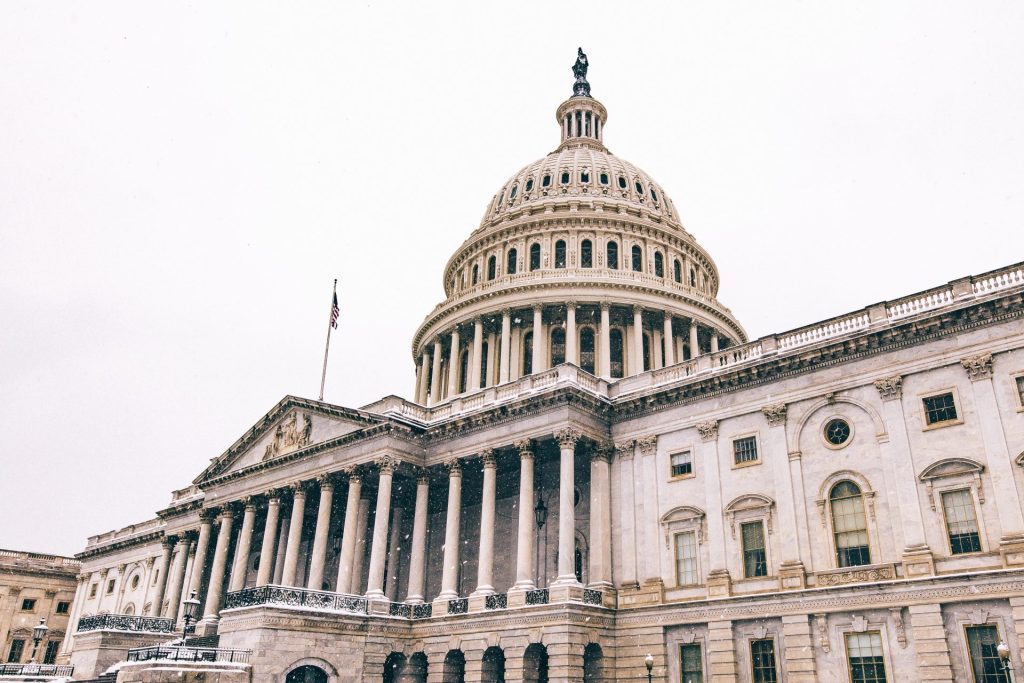
Unease in the U.S. cryptocurrency world. Several influential members of Congress have expressed their opposition to the Federal Reserve’s new regulatory guidelines concerning stablecoins. Will the new regulations truly hinder the development of the digital financial ecosystem?
The Federal Reserve’s recent guidelines concerning the regulation of stablecoins have sparked significant controversy among leading members of the U.S. Congress. They believe that the implemented regulations will “undoubtedly deter financial institutions from participating in the digital asset ecosystem.” They also question the Reserve’s approach, which, in the legislators’ opinion, “effectively prevents banks from issuing stablecoins tied to payments, or engaging in their ecosystem.”
In a letter addressed to the Federal Reserve Chairman, Jerome Powell, three congressmen – Patrick McHenry, French Hill, and Bill Huizenga – expressed their concerns regarding two Federal Reserve documents published on August 8. Both these “Supervision and Regulation Letters,” marked as SR 23-7 and SR 23-8, are contentious. The congressmen emphasize that these actions may “impede progress made by Congress in establishing a regulatory regime for payment stablecoins.”
However, it’s not just the content of these letters that’s controversial. The congressmen note that the documents were not issued in compliance with administrative procedure requirements. In their view, the Federal Reserve’s approach represents an attempt to introduce policy without accountability to market participants and the public opinion.
Among the congressmen’s concerns is also a new supervisory program for innovative financial activities, which “appears to be designed to impose additional regulatory burdens on banking institutions wishing to engage in cryptographic assets.”
In response to these concerns, the congressmen have requested written answers from Chairman Powell concerning SR 23-7 and SR 23-8. They also expect the delivery of documents related to these letters.
It’s clear that a dispute over the direction of cryptocurrency regulation is ongoing in the U.S. financial environment. Influential voices in Congress signal the need for a more open and collaborative approach to shaping the future of the digital financial ecosystem.
Continued interest in cryptocurrencies, especially stablecoins, leads to increasingly advanced regulatory discussions in the U.S. Key players in the political and financial scene are trying to find common ground on responsibly shaping the future of this exciting sector. However, as the current dispute shows, the road to achieving consensus is still long and full of challenges.
Photo by Caleb Fisher on Unsplash
